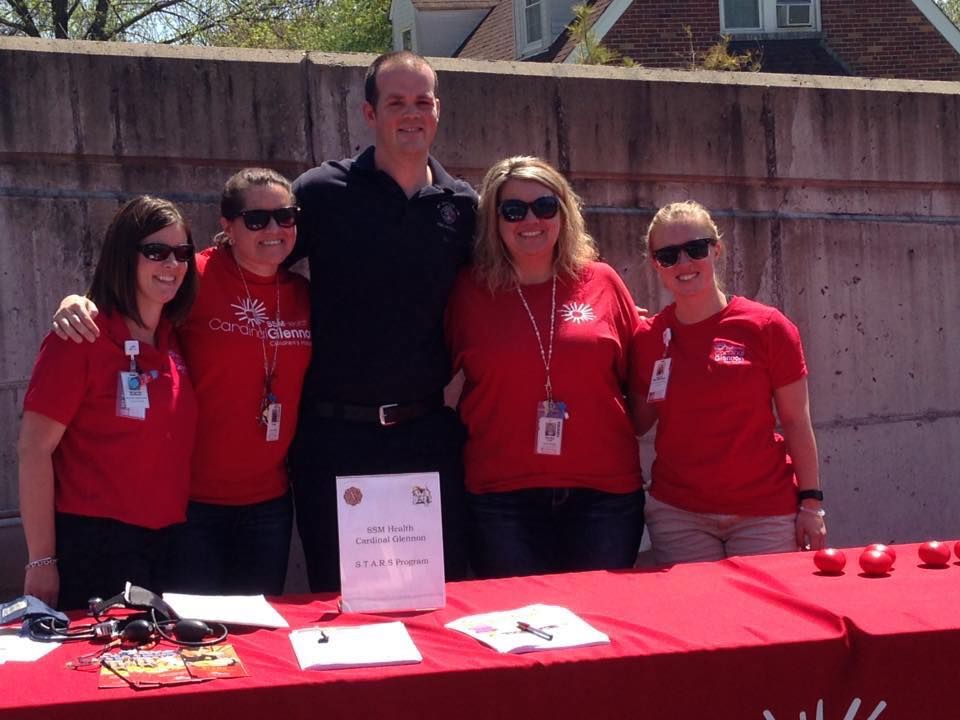EICC Pediatric Emergency Champion Program
From the Emergency Medical Services for Children Innovation and Improvement Center
September 1, 2021 – June 30, 2022
Purpose
This collaborative will develop individuals who are interested in improving the quality of pediatric care at your EMS agency, ED/hospital, or within your region. We will provide resources, example practices and networking opportunities at no cost to help push forward any effort for pediatric improvement.
What is a PECC?
A Pediatric Emergency Care Coordinator (PECC)–sometimes referred to as a pediatric champion or pediatric liaison–is a term that the EMSC program uses to refer to any individual who has a particular interest in or responsibilities related to pediatric emergency care. Sometimes this individual is dedicated solely to this role. However, depending on the pediatric volume of the EMS agency or hospital, this person may take on the PECC duties in addition to other responsibilities (e.g., educator, trauma coordinator, etc.). Various roles and responsibilities are often given to a PECC but common responsibilities include ensuring the availability of pediatric equipment, supplies and medications, pediatric education/training and advocating for pediatric considerations to be included in protocol/policy development.
Who should participate
Anyone that is interested in improving pediatric readiness within your EMS agency, ED/hospital, or within your region, to include EMSC State Partnership Programs. You do NOT need to have any formal pediatric training, or a title related to pediatric care. You already have everything you need to participate…an interest in pediatric emergency care
Why join?
We know that the presence of an individual with an interest in pediatric emergency care is strongly correlated with improved outcomes for children. No effort to improve pediatric emergency care is too small to make an impact. This collaborative will have a broad scope. No matter where your starting point is, we will provide you with tools to improve. There is no cost to participate, and you will have the opportunity to earn continuing education or Maintenance of Certification Part 4 credit. Learn more…
How it works
The collaborative will occur in two parts. During the first half, we will explore seven pediatric readiness areas of focus, evaluate your agency or ED/hospital level of pediatric readiness, and identify areas for improvement. In the second half, we provide coaching and tools to help you develop an improvement project. Learn more…
Location
All collaborative activates will be conducted online and through virtual meetings.


